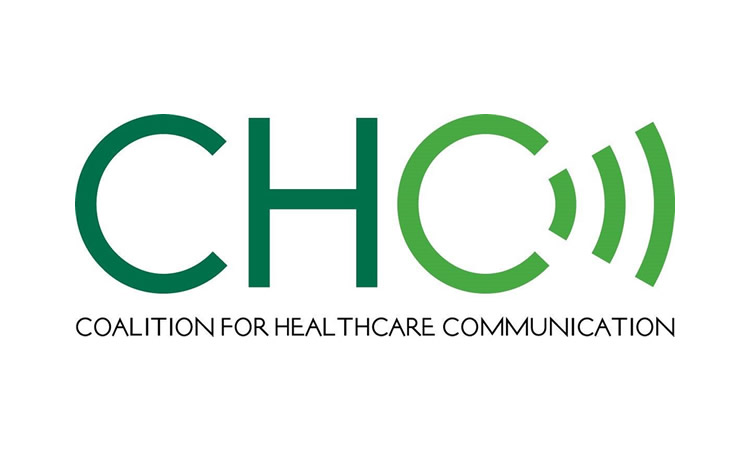May 24, 2016 – At a recent Coalition for Healthcare Communication Rising Leaders Conference, keynote speaker Rep. Evan Jenkins (R-W. Va.) told the attendees that they “have the power and the ability to influence policymakers” and that the Coalition must continue its work to make sure that communication between industry and physicians and patients can occur “with as little inhibition as possible.”
At the May 11 conference held in Washington, D.C., Jenkins said that as the former executive director of the West Virginia State Medical Association, he found that physicians “are life-long learners who are always looking for new information, cutting-edge research and technology,” and that this belief was reinforced when surveys to West Virginia physicians showed that access to the association’s medical journal was considered the number one benefit to membership.
Jenkins called out the “shame and blame” efforts of those “who want to criticize the communication component with healthcare providers and chill the ability [of companies] to communicate” about their treatments. He cited Sunshine Act disclosure requirements as being one of those chilling measures. “We will continue to fight and be with you to try to make sure that … medical journals and textbooks … should not be reportable in terms of transfers of value,” he asserted.
He noted that growing healthcare expenditures are driving efforts in Congress to look at ways to control costs. “Unfortunately and regrettably, you in this room and many others are caught in the crosshairs,” he said, adding that debate is often argued from extreme positions that do not represent reality. For example, criticisms of direct-to-consumer (DTC) advertising come from a segment of physicians who do not appreciate that their patients are coming in with information they have gleaned from a DTC ad, but other physicians appear to be pleased that their patients are engaged with their own healthcare, he explained.
Bottom line, he continued, the First Amendment protects free speech and, as such, “it is very important that we do not put up unreasonable hurdles that limit the ability to have [industry] folks communicate with physicians and patients,” he said. When asked by a member of the audience whether the DTC advertising restrictions or bans recommended in several bills introduced in Congress are likely to come to fruition, Jenkins, who serves on the House Appropriations Committee, stated that the legislative process “rarely goes to extremes” but tends to yield incremental change, and that “it’s a lot easier to kill a bill than to pass a bill.”
Jenkins also shared with the Coalition members that the 21st Century Cures legislation, approved by the House last year and now in the Senate, appears to be moving forward. “I am encouraged by the discussions going on in the Senate,” he said.
Finally, Jenkins encouraged the Coalition’s rising leaders to develop relationships with their legislators. “Get to know who they are – don’t worry about what’s the best way to communicate or what’s the perfect way to reach out,” he advised. “Just do it.”




